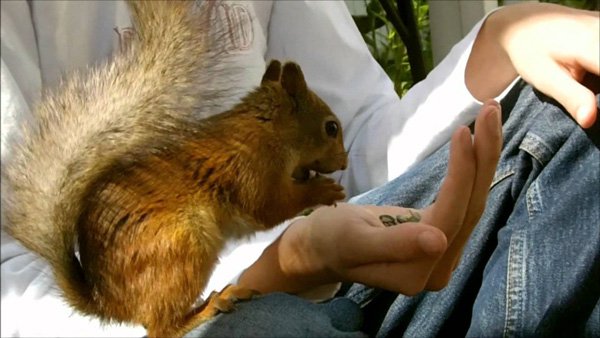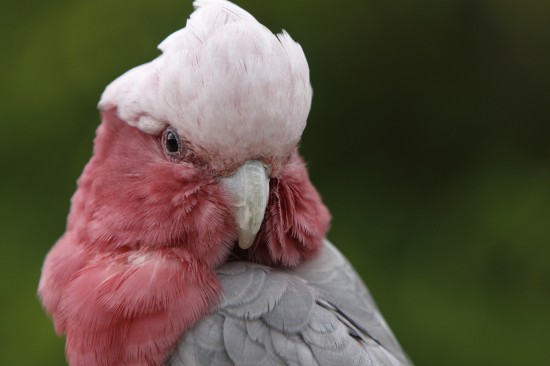
The sources and causes of cancer can be very confusing even for those who study the disease fulltime. It is important to note that there are also numerous potential sources of canine cancer that are overlooked by both medical professionals and the average dog owner. Your dog is completely dependent upon you for his or her health. As a result, you do, in fact, have a moral obligation to your loyal friend to do all you can to improve his or her health and well-being. Therefore, it is a necessity that you consider some of the potential overlooked sources of canine cancer and consider those factors in your dog’s cancer treatment program.
The link between cancer and diet has been clearly made for humans and the media has widely promoted this causal link. As a result, most people will instinctively make the association between a poor canine diet and potential canine diseases such as canine cancer. The same can be said for several potential other sources of canine cancer, such as vaccines. That’s right, a variety of research and studies are indicating that there may indeed be a link between canine cancer and vaccines.
One detailed study at the Purdue University School of Veterinary Medicine showed that puppies that received vaccines later developed immune system antibodies against their body’s own proteins and other biochemicals such as DNA. Indeed this fact is troubling due to the large number of vaccines given to puppies. Other studies have shown that dogs may later develop cancer on the exact spots where they received a vaccine injection. Certainly the issue of vaccines is a complex one, but there has been enough scientific study in this area to cause more than a little concern.
There are several practical real world implications. One implication is that some veterinarians are recommending that dog owners wait on some vaccinations until dogs have reached six months of age. The thinking is that waiting this extra period of time will reduce the chances of dogs developing cancer later in life. The American Veterinary Medical Association and American Animal Hospital Association have even gone so far as to conclude that annual booster shots are generally unnecessary.
Considering how much you value your dog’s companionship and love, it is important that you investigate the issue of dogs and canine cancer for yourself. Your dog is depending upon you for its well being, happiness and health.
 Finnish Lapphund Hereditary Health And Longevity
Finnish Lapphund
Finnish Lapphund Hereditary Health And Longevity
Finnish Lapphund
 Puppy Exercise And Growth Plate Development
Puppy Exercise An
Puppy Exercise And Growth Plate Development
Puppy Exercise An
 Things to look for while selecting dog kennels
Things to look for while selecting dog kennels
Things to look for while selecting dog kennels
Things to look for while selecting dog kennels
 Walking The Dog....volunteer Dog Walking
Walking The Dog..
Walking The Dog....volunteer Dog Walking
Walking The Dog..
 Galah Cockatoo
Galah Cockatoo
Galah Cockatoo
Galah Cockatoo
Copyright © 2005-2016 Pet Information All Rights Reserved
Contact us: www162date@outlook.com